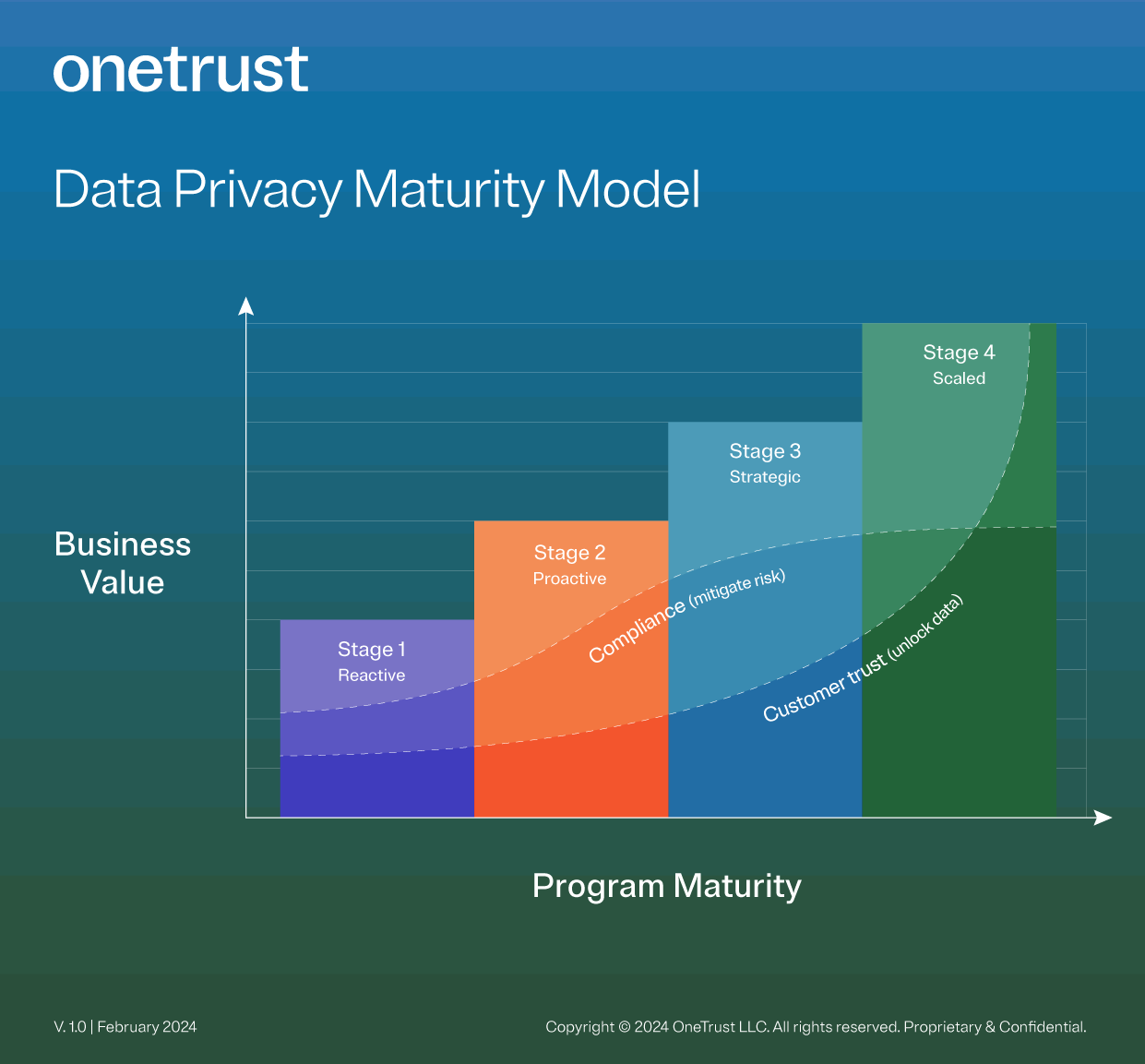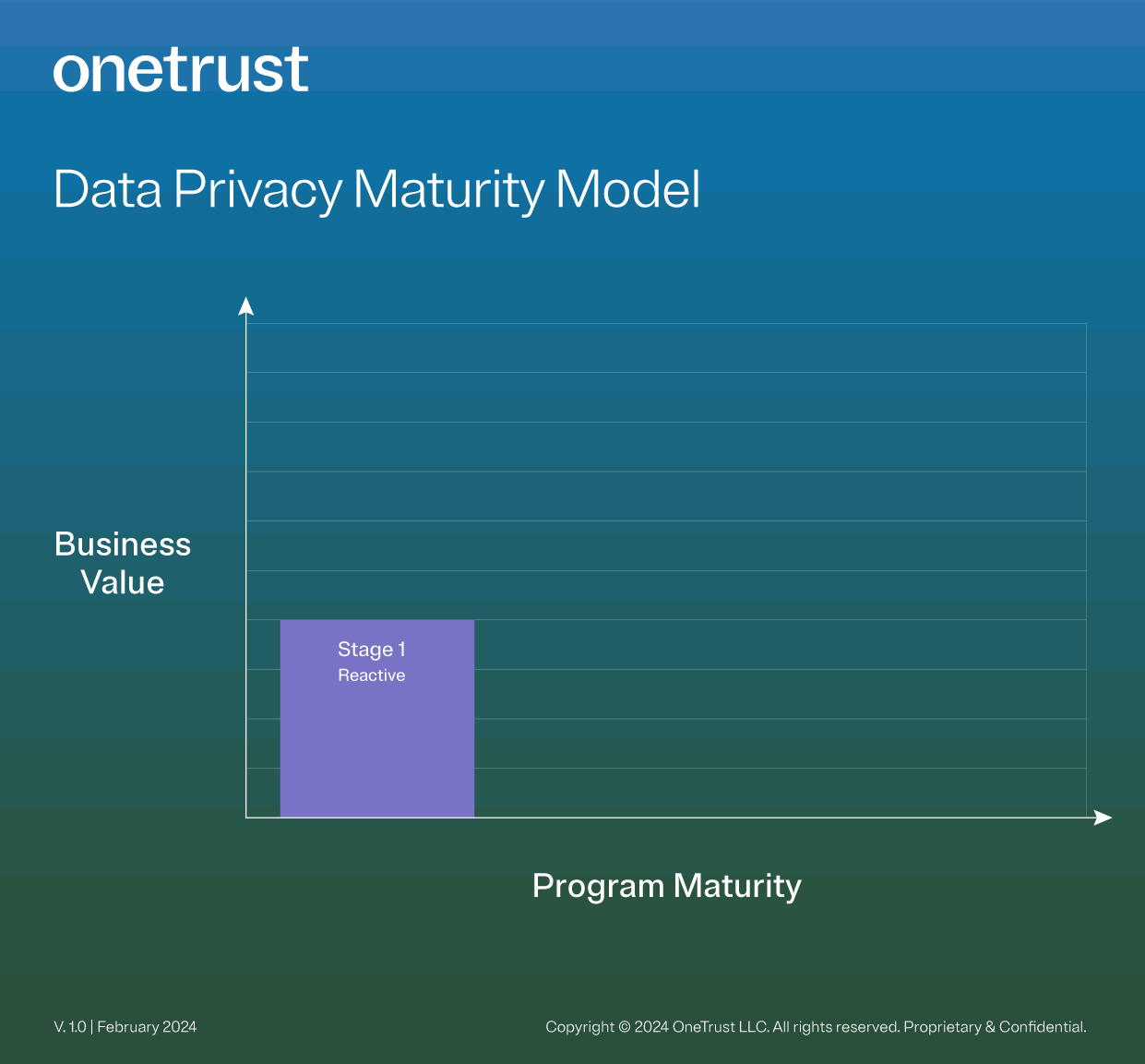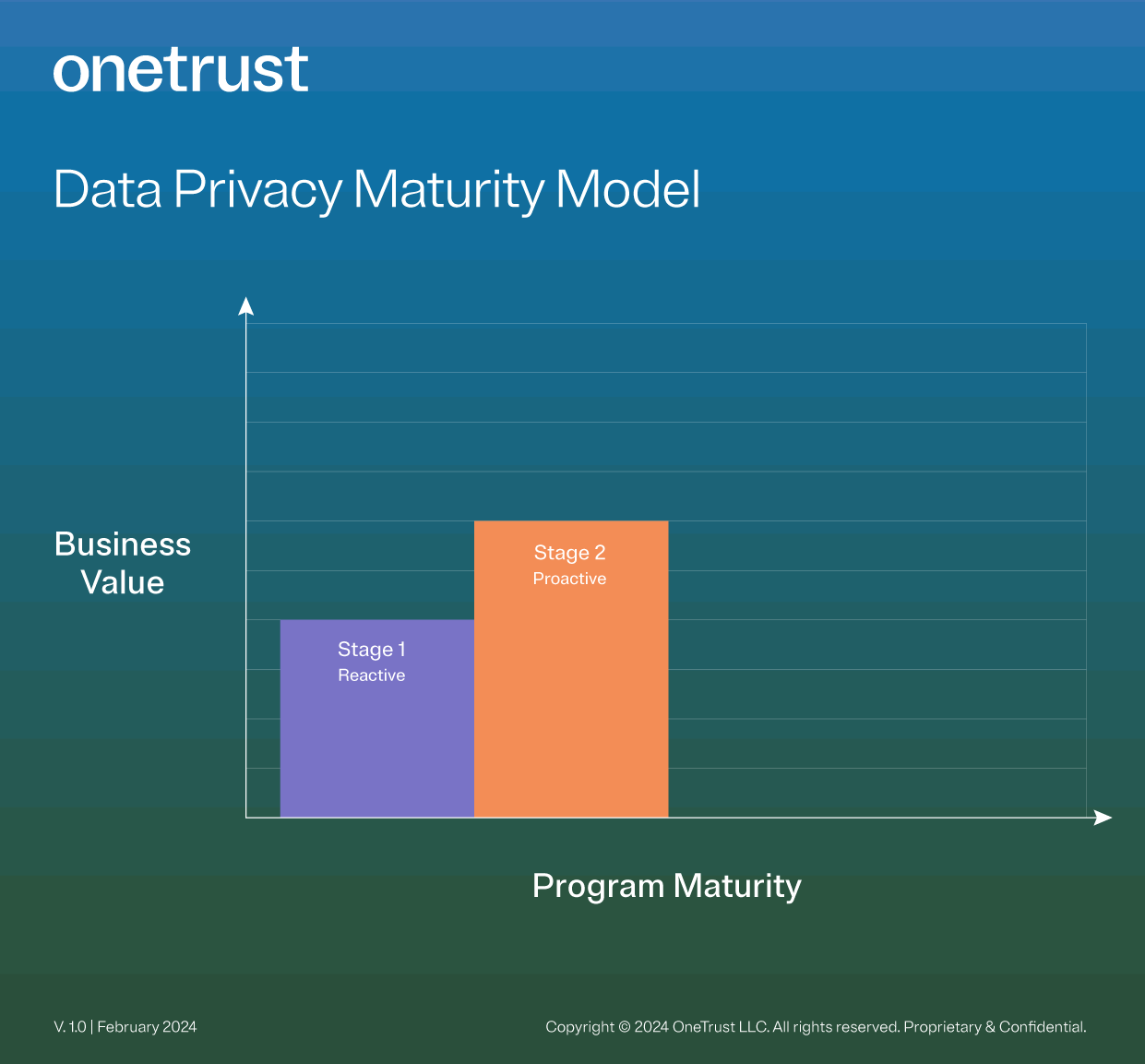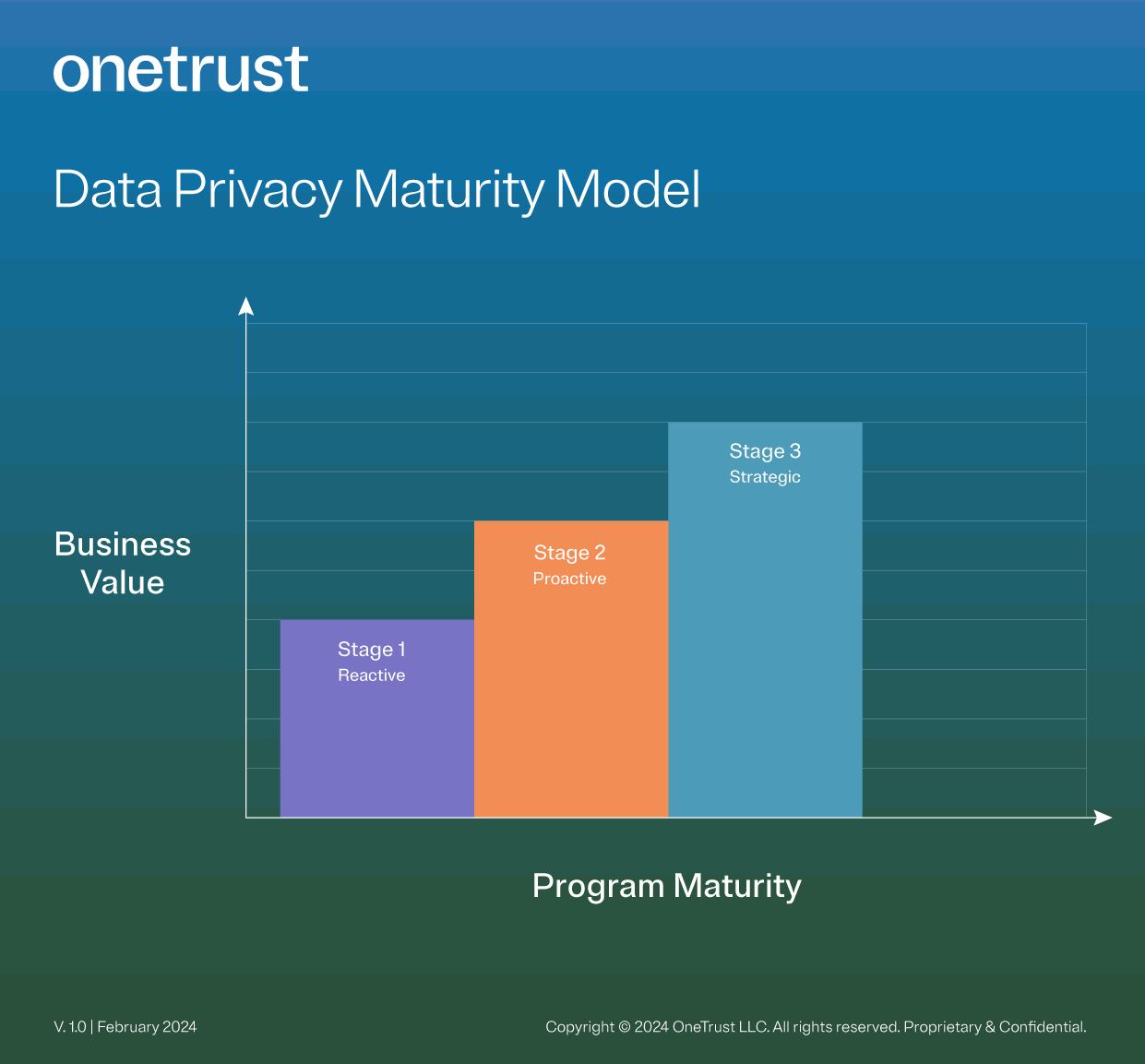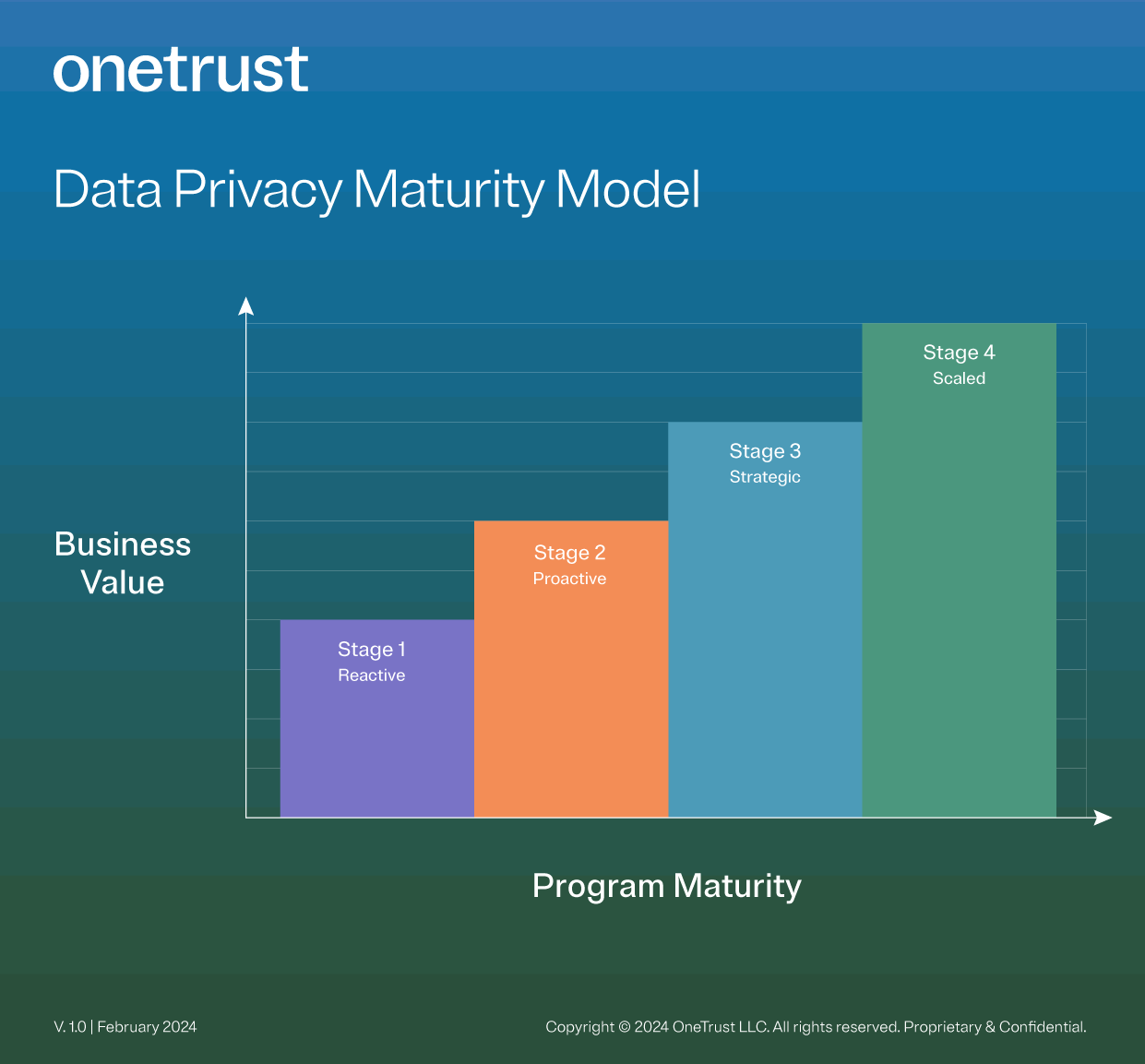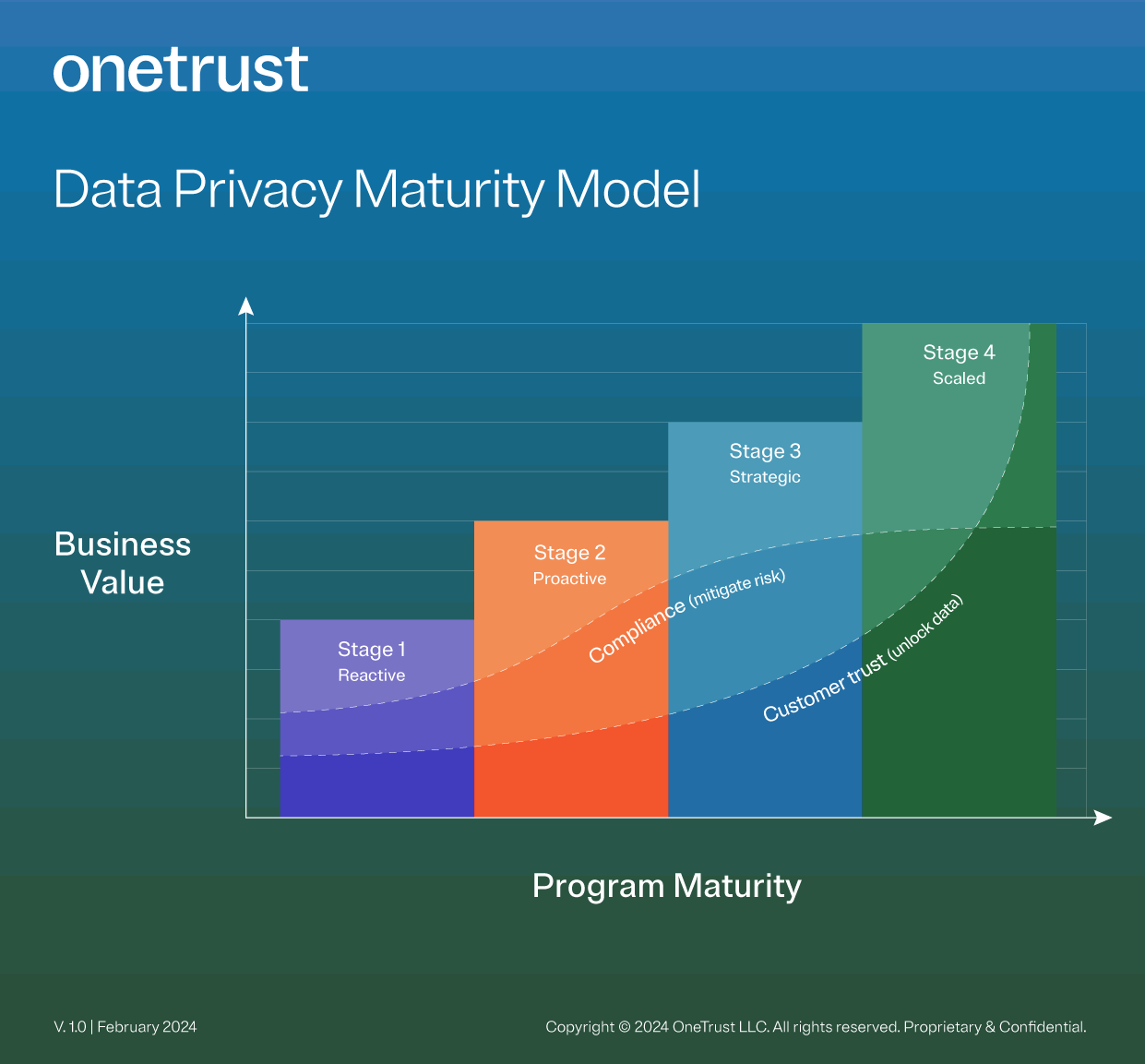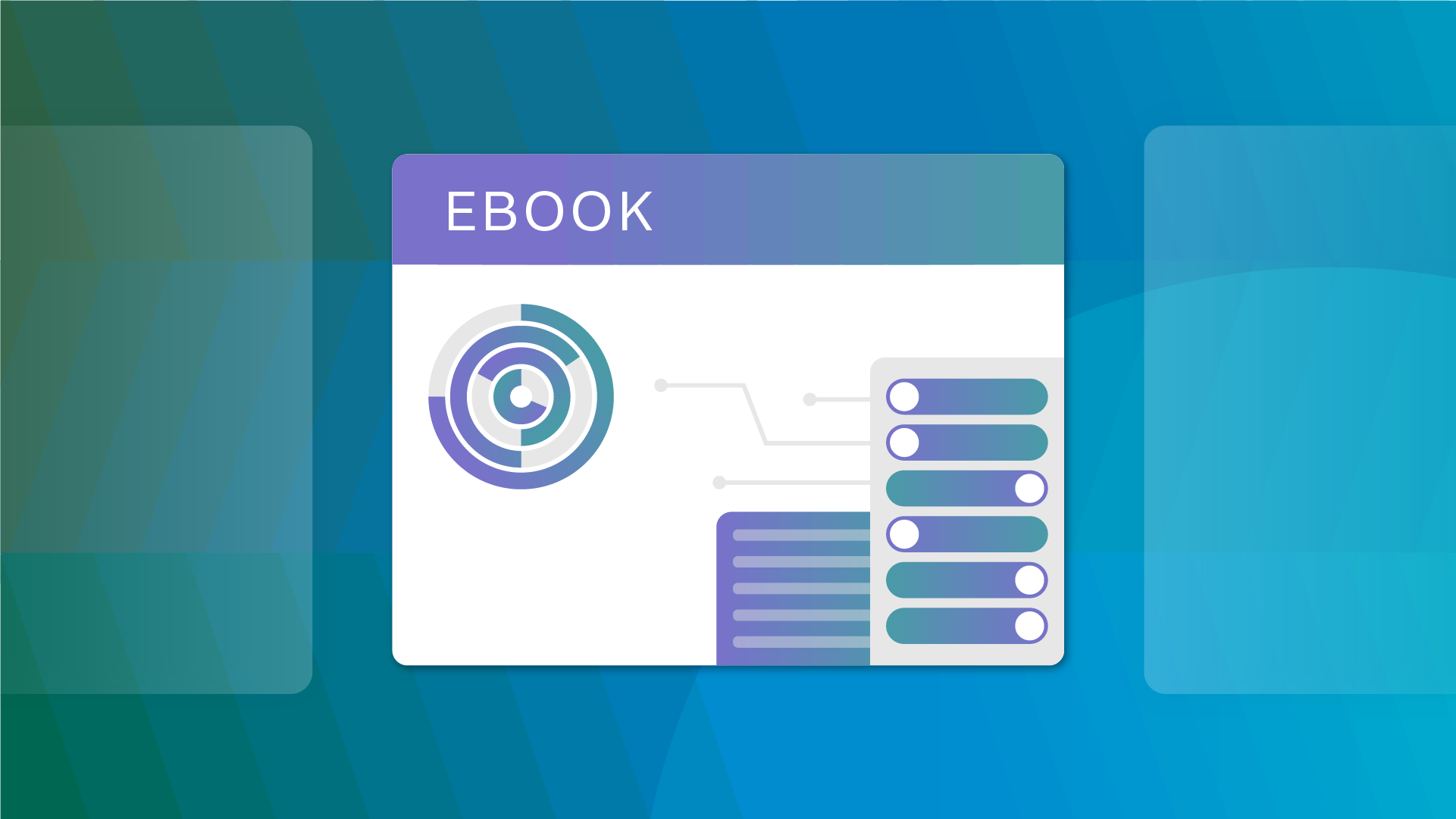Data privacy is evolving from a regulatory compliance initiative to a customer trust imperative. The primary business value of early-stage data privacy programs is mitigating risk by ensuring compliance with external regulation and internal policy. As programs mature, data privacy also becomes a strategic driver of customer trust.
When an individual trusts that a company is using their data responsibly, they are willing to share more data, which enables the company to increase its customer engagement, loyalty, and lifetime value. This virtuous cycle of earning, retaining, and reinforcing customer trust to unlock the value of data is the strategic goal of a mature data privacy program. In addition, the expanding footprint of regulation, the urgency of building first-party datasets, and the responsibility of ethically managing data-hungry AI models have increased the importance of getting data privacy right.
But privacy is a journey, not a destination; it requires continuous improvement and alignment with business priorities. The OneTrust Data Privacy Maturity Model captures this journey in four stages. The early stages of data privacy program maturity are largely centered on reactive, often manual, operations focused on meeting baseline regulatory requirements. As organizations mature, they elevate their privacy programs from tactical necessities to strategic enablers focused on unlocking the business value of data. Let’s take a closer look at how you can use this Model to chart your course toward data privacy maturity.


